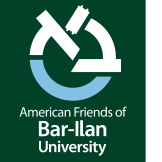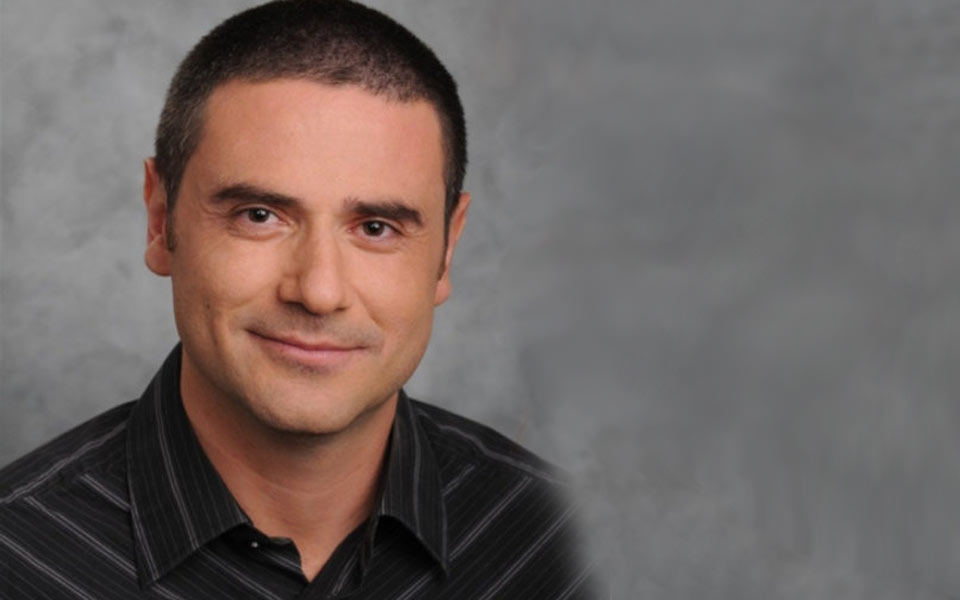CLINICS IN ISRAEL
CLINICS IN ISRAEL
CLINICS IN ISRAEL
OPTOMETRY, LEGAL AND PSYCHOLOGY CLINICS
COMMUNITY OUTREACH AT BAR-ILAN
Â鶹ɫ²¥ University offers free clinics in three areas: Psychology, Optometry, and Legal Aid. Most individuals can’t afford above standard insurance, leaving them in a grey zone of desperately needing help and suffering both in home-life and work-life because they simply haven’t the financial wherewithal.
This is where Â鶹ɫ²¥ University students of all three modalities are required to spend some of their time. They get to know the people they are treating and gain insight into the challenges theirs patients face.  Through this they come to recognize that the profession they chose is not just a job – it is a life-calling and a tribute to providing a better life to so many others.
OPTOMETRY CLINIC
TO SEE THE WORLD
THROUGH A PROPER LENS
Disorders affecting vision are among the most tragic. It disrupts the individual’s ability to navigate in the world, to understand what is going on around them. The ability to walk and read is a vital part of every individual’s sense of self –  sense of the world. For the first time, eye and vision research are adapting novel technologies to correct vision anomalies and restore lost sight, including: electronic retinal implants, retinal stem cell transplants, genetic treatments and computer-aided vision training, just to name a few.
The on-campus Optometry Clinic Network provides public access to comprehensive optometric services, and runs a screening program for amblyopia and myopia. This includes four clinics: The Eye Examination Clinic, The Vision Therapy Clinic, The Low Vision Specialty Clinic, and The Contact Lens Specialty Clinic.
These Clinics are all offered as a service venue to the community, hand-in-hand with optometry student training – and all services are at greatly reduced prices or even free of charge.
OUTREACH
LEGAL CLINIC
NAVIGATING THE LEGAL WORLD
WITH THE EXPERTS
The BIU Faculty of Law has eight mandatory legal aid clinics geared to: Environmental Practice and Policy, Legal Aid for Women, Civil Legal Aid and Practice, Criminal Law, Mediation, Human Rights for Persons with Disabilities, Jewish Law, and the Elderly and Holocaust Survivors.
Working in these clinics instills a strong sense of social responsibility in the country’s future law practitioners. In light of its importance, Â鶹ɫ²¥ University promotes this resource in order to reach out to Israelis in need.
At the Â鶹ɫ²¥ University Faculty of Law, students put their education to work for society’s benefit long before they graduate. BIU students consistently win the lion’s share of prizes for volunteer work awarded annually by the Israel Bar Association.
PSYCHOLOGY CLINIC
GETTING THE RIGHT SUPPORT
FOR LIFE’S CURVE BALLS
The BIU Psychology Clinic treats many patients a year at low-to-no-cost. Around 1500 persons apply for services from The BIU Psychology Clinic each year, and about 300 of these applicants are found suitable for such psychological services as psychotherapy and diagnostic evaluation. This allows for the greatest possible access to the highest level of mental health care.
Every year, about 90 graduate students and 13 interns, who are also PhD students in the Department of Psychology, are assigned to work at the clinic. They see patients coping with diverse psychological problems, giving the students a perspective and providing them with greater specificity in their training, which helps them become truly excellent therapists.

Professor Zeev Zalevsky is Head of the Electro-Optics Study Program at the Faculty of Engineering and Director of the Nano Photonics Center at the Institute of Nanotechnology and Advanced Materials (BINA).
Zalevsky’s research focuses on the generation and manipulation of light for use in ultra-small applications for high-speed information processing and biological sensing. He has developed next-generation optical fibers for communication networks and medicine.
The revolutionary, cutting-edge technology, Nano-Drops, achieves its optical effect and correction by locally modifying the corneal refractive index. The magnitude and nature of the optical correction is adjusted by an optical pattern that is stamped onto the superficial layer of the corneal epithelium with a laser source. The shape of the optical pattern can be adjusted for correction of myopia (nearsightedness), hyperopia (farsightedness) or presbyopia (loss of accommodation ability). The laser stamping onto the cornea takes a few milliseconds and enables the nanoparticles to enhance and ‘activate’ this optical pattern by locally changing the refractive index and ultimately modifying the trajectory of light passing through the cornea.
In the future, this technology may enable patients to have their vision corrected in the comfort of their own home. To accomplish this, they would open an application on their smartphone to measure their vision, connect the laser source device for stamping the optical pattern at the desired correction, and then apply the Nano-Drops to activate the pattern and provide the desired correction.


